Due to Covid times, this was a virtual event and first up I missed not seeing in person many of my friends and colleagues. These annual seminars are always a great way to catch up with people. Being virtual does also bring some advantages in that we had talks from two overseas speakers and even a live Q&A with them. But I am getting ahead of myself.
Having discovered Dad’s biological family is mostly Irish, I had a keener than usual interest in this seminar. It was a very full on day with the GeneaZoom (new dictionary word Jill?) room open from 9.00am.
There were a few technical difficulties on the day but that is to be expected in the virtual world. Even when every practice has gone perfectly, on the day can be quite different. Audiences expect that and are prepared to wait until issues are sorted. In the afternoon, many attendees had the added issue of thunderstorms in Brisbane.
At 9.30am Jennifer Harrison started with her topic Past and Furious: Ireland and its shaping of family history. She started with Ireland’s amazing land divisions from the provinces down to the townlands, all 60,000 of them. You cannot go far with Irish research unless you know what religion they were and where they were from.
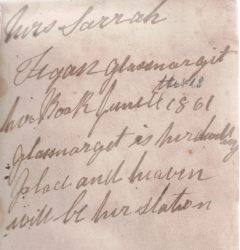
Towards the end of Jennifer’s presentation, my brother dropped in for a quick visit. Family interruptions another hazard of virtual conferences. Even more so when sessions are not recorded. Jennifer’s handout informed me of what I had missed. She talked about current initiatives including the Decade of Centuries 2012-2022 (the handout gave this URL http://www.decadeofcenturies.com/ but at the time of writing it was not working) and Beyond 22 https://beyond2022.ie/. The latter URL is Ireland’s Virtual Record Treasury which is a project trying to recover lost records. There is some interesting material on the website and worth exploring.
Anyway, it was good to see my brother, but I totally missed Pauleen Cass’ talk on Accessing Republic of Ireland archives and online collections. Again, there is a handout but as I have Catholic families (Finn and Fegan/Fagan) from County Wicklow, I would have liked to have heard Pauleen. Hopefully, there will be another opportunity as she just lives up the highway!
The handout included lots of URLs on religious records, not just Catholics, Irish convicts, landed estates, wills, cemeteries and lots of other records. Pauleen also pointed out what was indexed by subscription databases such as Ancestry and Findmypast. There were quite a few URLs new to me include the National Folklore Commission https://www.ucd.ie/irishfolklore/en/ which has an interesting website with school folklore, manuscript collections and a digital library. Plan a virtual visit and it will bring back memories of your school days and school copybooks.
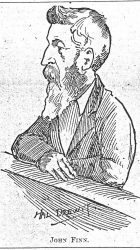
The Devon Commission https://pdf4pro.com/view/local-evidence-to-the-devon-commission-95e08.html is a good look at land management in Ireland and explains why Catholics were not landholders. My Catholic Robert Fegan was a tenant farmer in County Wicklow. His daughter Sarah married John Finn and they emigrated to Queensland in 1882 with their young family.
I missed a little of John Grenham’s Irish Land Records, Valuations and Online Collections which was pre-recorded to suit our time zone. Land in Ireland is a difficult area to understand quickly, and I was surprised to learn there are more records online since I last looked. Hard to keep up with all the new information. Lots to follow up here on my Fegan/Fagan family in Wicklow. As well as the usual suspects, census of 1901 and 1911, Griffith’s Valuation. John also talked about place names, valuation office books and valuation revision books – see https://www.nationalarchives.ie/article/valuation-office-records/. Grenham’s website https://www.johngrenham.com/ also has a wealth of information and you could easily spend hours looking at different aspects.
After a half hour lunch break, we all gathered around our computers again for Chris Paton on Northern Ireland Archives: PRONI and online collections. Chris is always an entertaining speaker and with Dad’s family in Northern Ireland, I was keen to see what was new and how to access records. Chris also reminded us that there is a lot of social media and you can watch PRONI on YouTube! No need to watch boring old television unless of course you have Net Flix or Stan!
Although my Irish families are still in the 1800s, I was fascinated by the 17th century Irish records that Chris mentioned. The Great Parchment Book http://www.greatparchmentbook.org/ is another website to keep in mind for a rainy day. There is information on the Ulster Plantation, a blog to keep up with what is new, and you can explore the Book which has been digitised and indexed. None of my Northern Ireland family names are listed but I did enjoy looking at some of the other entries. Fascinating. Mostly males, but some females and Elizabeth Vale widow of Londonderry is mentioned in two places. What is totally amazing is how they read the writing in the first place.
Next was Cathie Sherwood on Workhouses and poor law in Ireland. My GGGG grandmother Mary Hosking was in the Penzance Union Workhouse in Cornwall so I have done some research into them. Cathie highlighted some of the workhouse conditions and how to find and access the records in Ireland. The must go to website is Peter Higginbotham’s The Workhouse: The story of an institution http://www.workhouses.org.uk/. It includes poor law regulations, workhouses in Wales, Ireland, Scotland, and England. While researching my GGG grandmother, I was shocked at some of the conditions and the food giving to people unfortunate enough to end up in such a place. In my instance, her children predeceased her and her grandchildren had migrated to Australia. Mary Hosking died aged 94 years in 1878. No doubt the family never expected her to live that long. Although I often wonder why she did not travel with them as they came out at different times during the 1860s.
Helen Smith was next with Irish Migration to Australia and she covered a wide range of immigration schemes even including soldier settlement. You really do need to know when and where to locate people arriving as there were so many different schemes within the colonies/states and the Commonwealth. I would add that it is also useful to see if there are any onboard diaries for your family’s voyage. I managed to track down a diary for the Mairi Bhan in 1882 which recorded the birth of John and Sarah Finn’s son during the voyage.
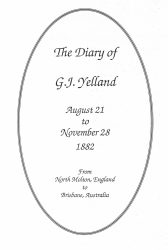
In her handout, Helen listed numerous books to read and this is a really good way of understanding more about the different schemes at different times. For Irish immigration Richard Reid’s Farewell my Children: Irish Assisted Emigration to Australia 1848-1870 is a must read. If you get the opportunity to listen to Richard talk about this, that is even better.
Then there was the drawing of the raffle with some wonderful prizes. I continued my pattern of never winning but others were delighted with their prizes.
We had an hour delay for the last 30 minutes of the program – to have the live Q&A with Chris Paton and John Grenham we had to wait for them to wake up due to the time difference. Attendee questions were put to both speakers and they did their best to answer. One of the questions involved how do you know what the correct spelling of a name or place was?
Both answered that there is no correct way as spelling can be quite variable in Ireland for numerous reasons including many could not read or write. This is something that we really do need to remember when researching in Ireland.
Overall, I was happy with the content and focus on what was online and how to use the records effectively. Perhaps one less speaker or no live Q&A as it was a very long day of sitting, even though I was up and about when my brother visited. I would have liked to see the sessions recorded and been able to play back some sections. From the other perspective, the handouts are quite good. The personal element was missing and during these Covid times, we must adapt. Thank goodness for Zoom.
Great day and thanks to all the Genealogical Society of Queensland organisers and the presenters.
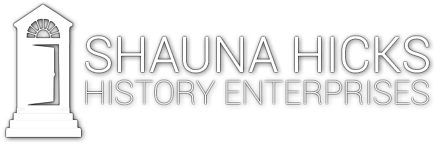
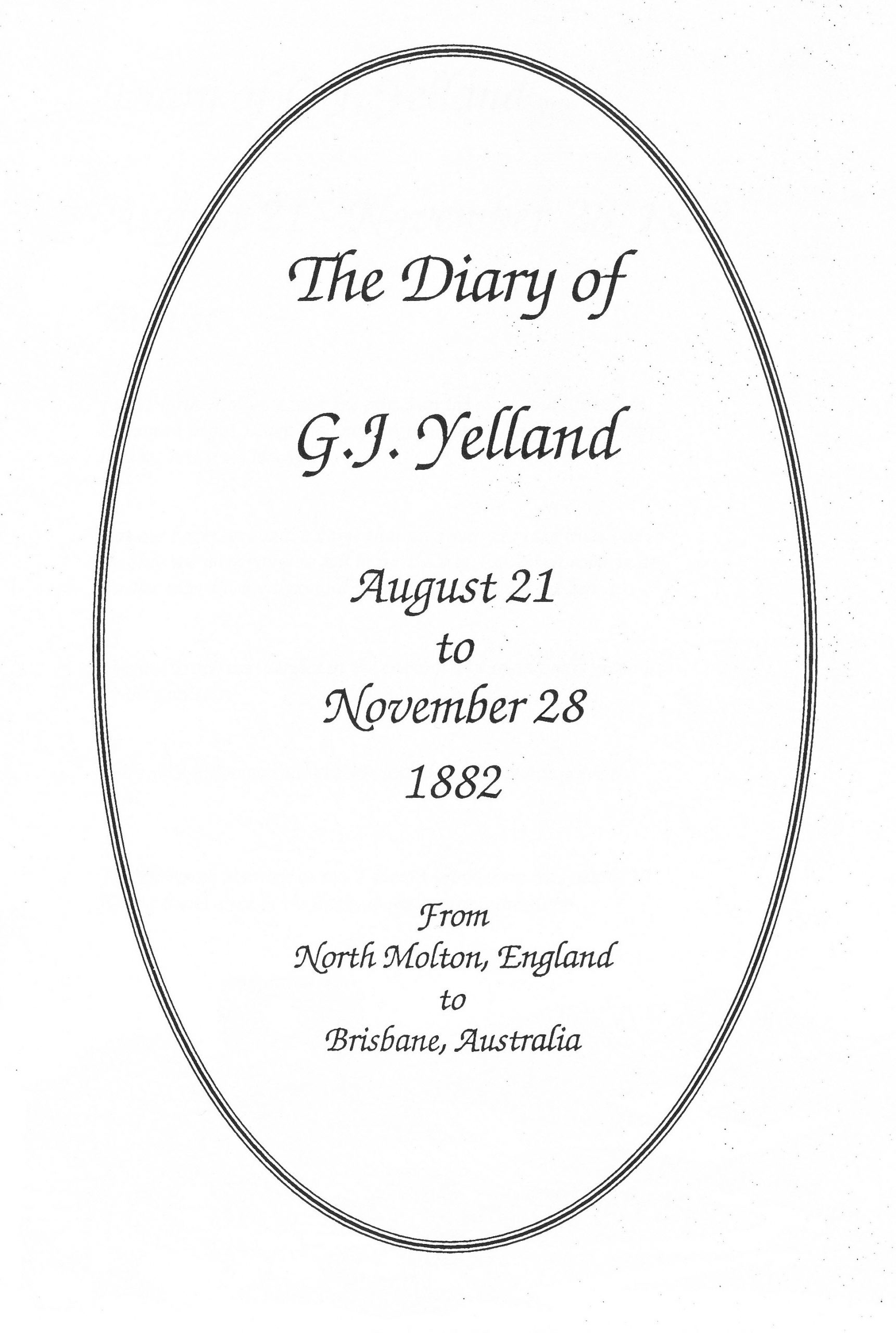
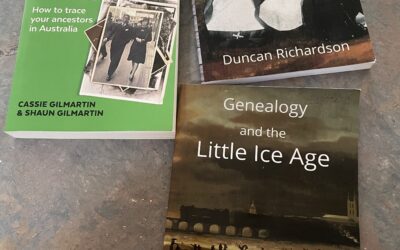
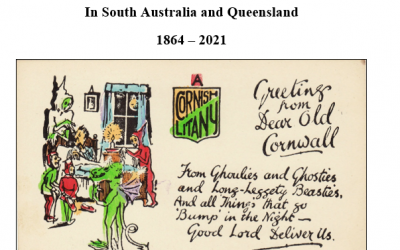

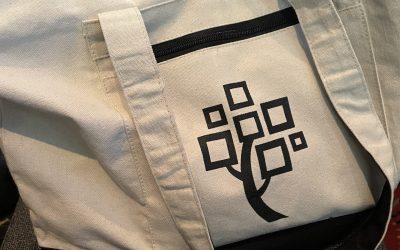
0 Comments